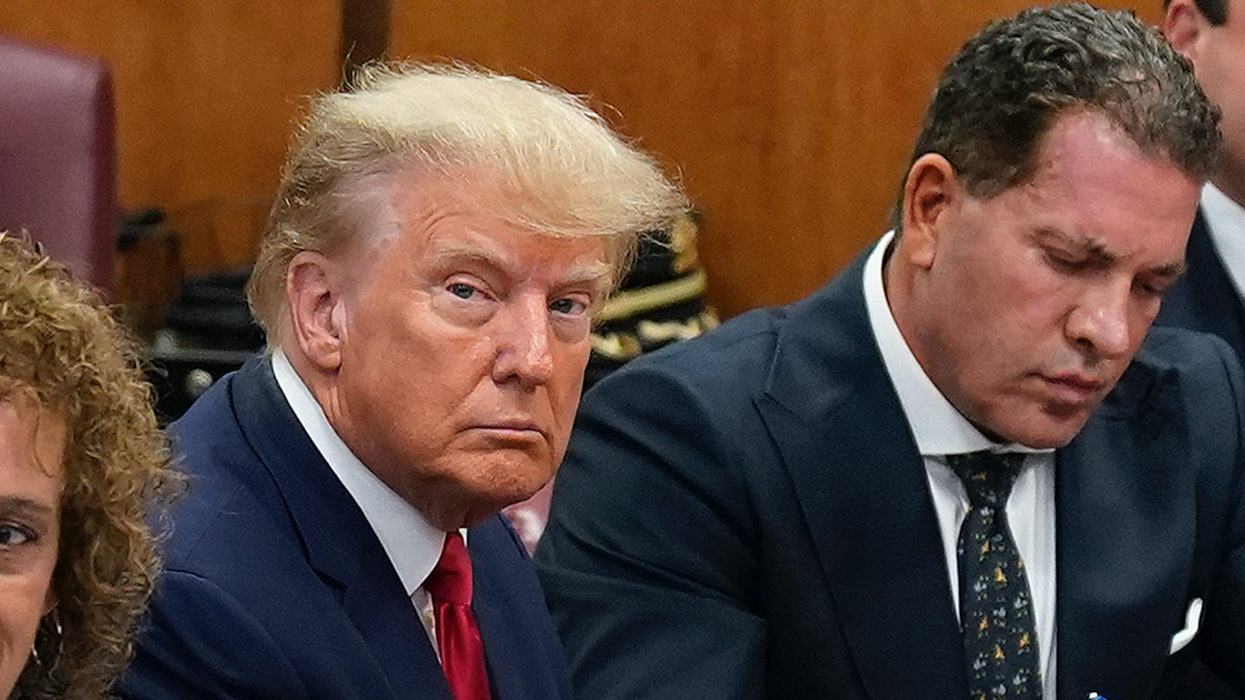Trump was originally scheduled to be sentenced in July for 34 felony counts of falsifying business records, but Merchan noted that the U.S. Supreme Court's sweeping presidential immunity decision provided Trump's legal team an opening to delay the process further.
Prior to Merchan's order Friday, Trump's sentencing hearing was set for September 18.
As The New York Times reported, "it is unclear whether sentencing Mr. Trump" in the weeks ahead of the November 5 election "would have helped or harmed him politically; his punishment could have been an embarrassing reminder of his criminal record, but could have also propelled his claims of political martyrdom."
"The jury did its job and, after reviewing a mountain of evidence that resulted in his conviction on 34 felony counts, it's well past time for Donald Trump to be held accountable."
Norman Eisen, co-founder and board member of State Democracy Defenders Action, argued in an op-ed for MSNBC last month that Trump's sentencing should not be delayed, writing that "Trump should be denied the special treatment he seeks to delay his sentence simply because he is a presidential candidate."
"To avoid undermining public faith in the rule of law and fairness of the criminal justice system," Eisen wrote, "Trump's sentencing should go ahead as scheduled."
Eisen wrote on social media Friday that Merchan's decision to postpone Trump's sentencing was "wrong."
"Trump has already benefited from extraordinary special treatment," he added. "If no one is above the law, then Trump shouldn't be either."
Merchan wrote in his decision Friday that "this matter is one that stands alone, in a unique place in this nation's history," and experts are uncertain what would happen under various possible scenarios—including if Trump wins the 2024 election and is subsequently sentenced to prison.
One certainty, according to the watchdog group Citizens for Responsibility and Ethics in Washington, is that "even if Trump is elected to a second term, he would not be able to pardon himself for these crimes because he was convicted on New York state charges."
Lisa Gilbert and Brett Edkins, co-chairs of the Not Above the Law Coalition, said in a statement Friday that "today's latest delay prevents justice from being served."
"At every step along the way, Trump and his legal team did everything they could to delay accountability in this case and undermine our legal system—even stooping so low as to intimidate witnesses, publicly criticize jurors, and defy orders from the judge," they continued. "The jury did its job and, after reviewing a mountain of evidence that resulted in his conviction on 34 felony counts, it's well past time for Donald Trump to be held accountable."
This story has been updated to include a statement from the Not Above the Law Coalition.




